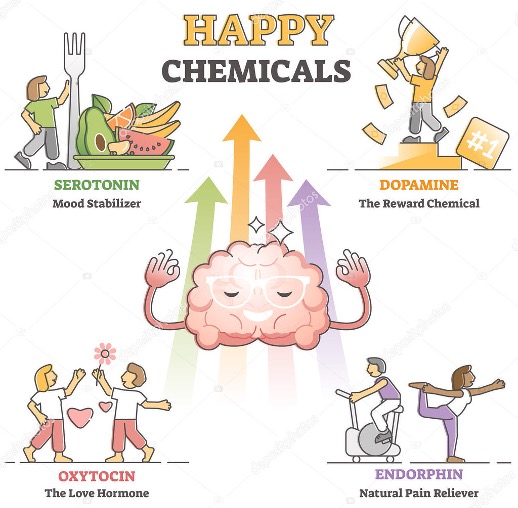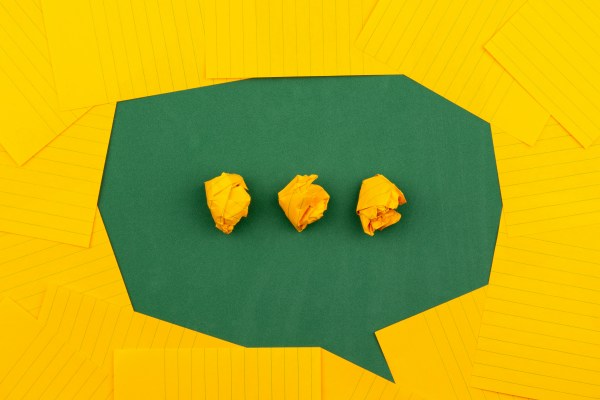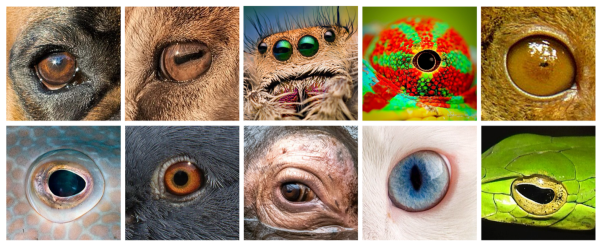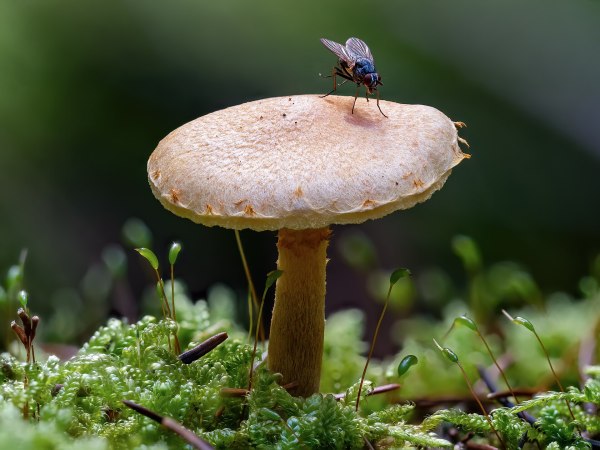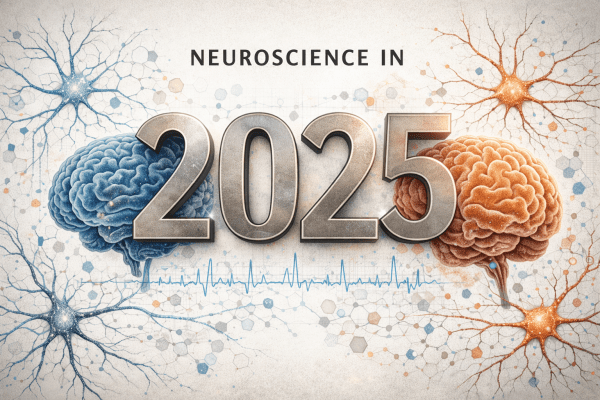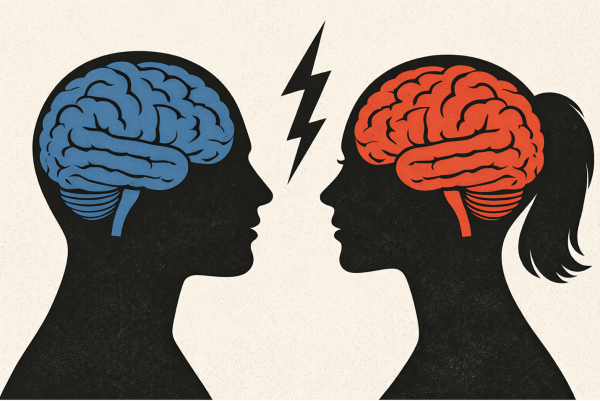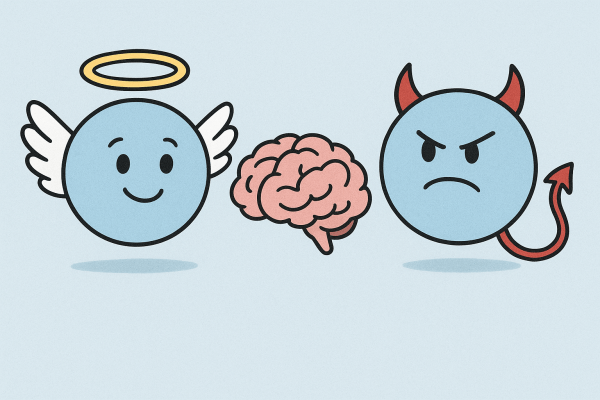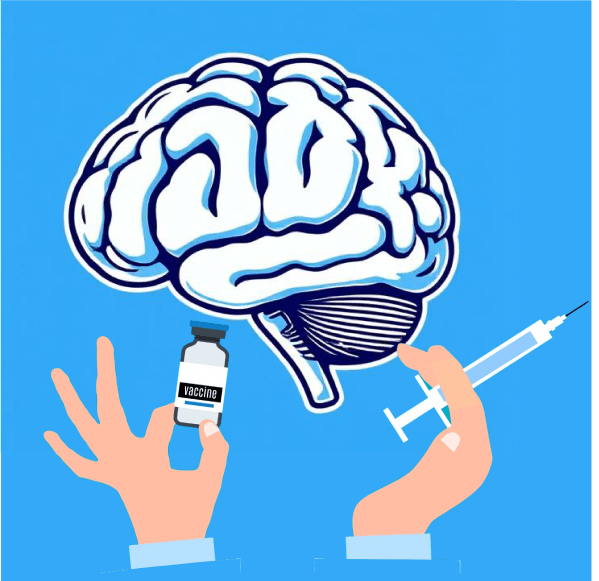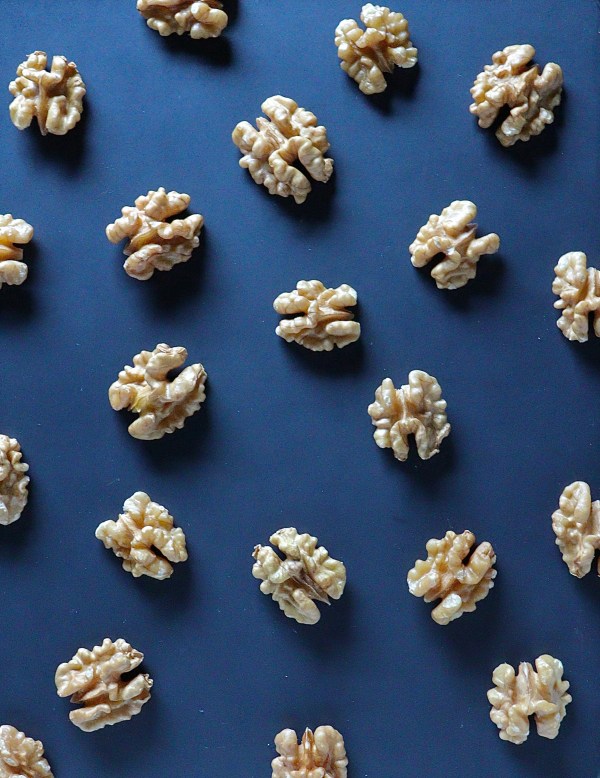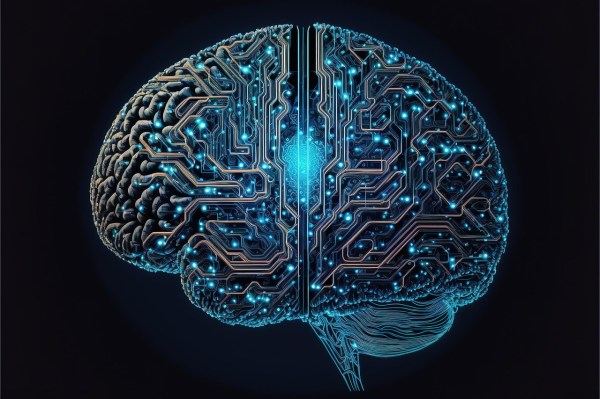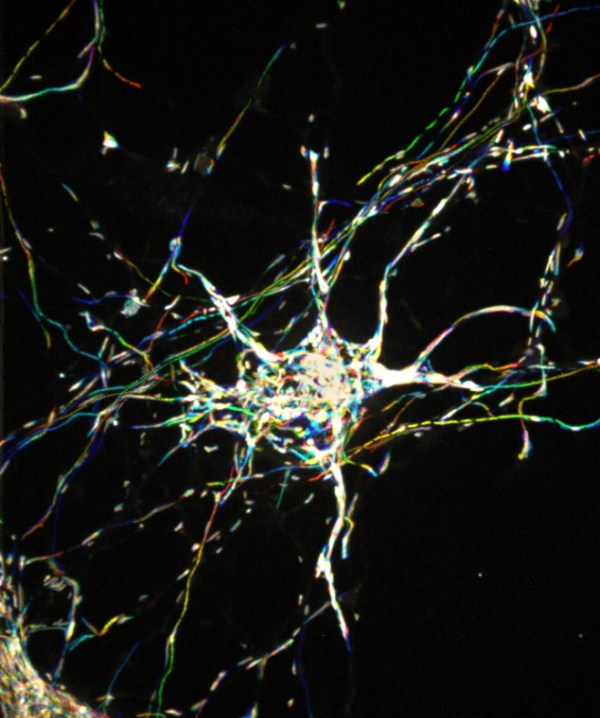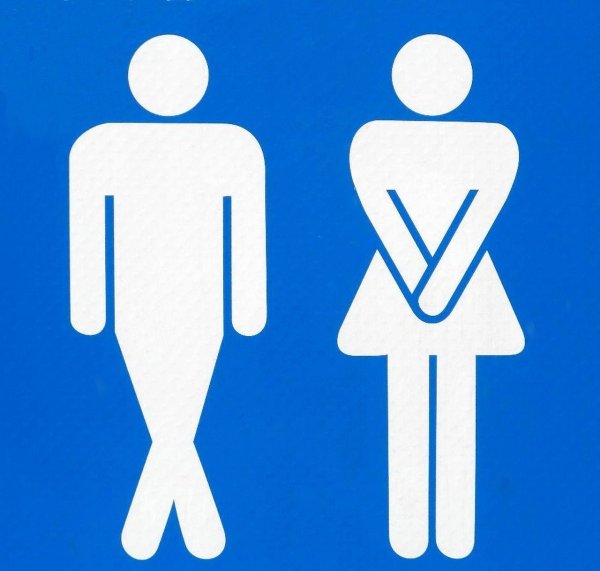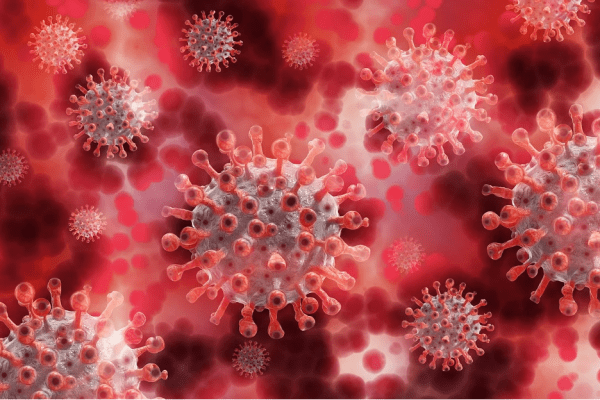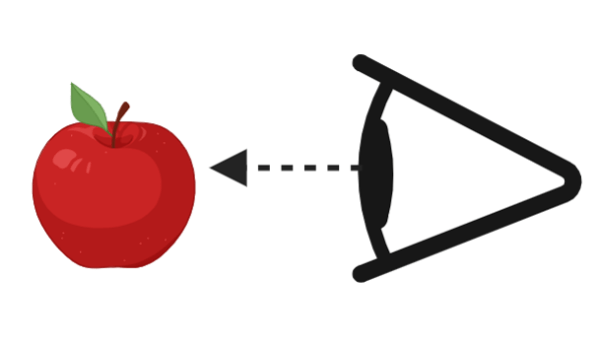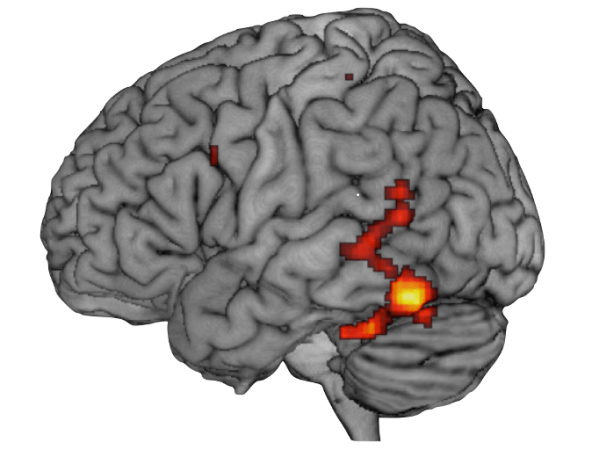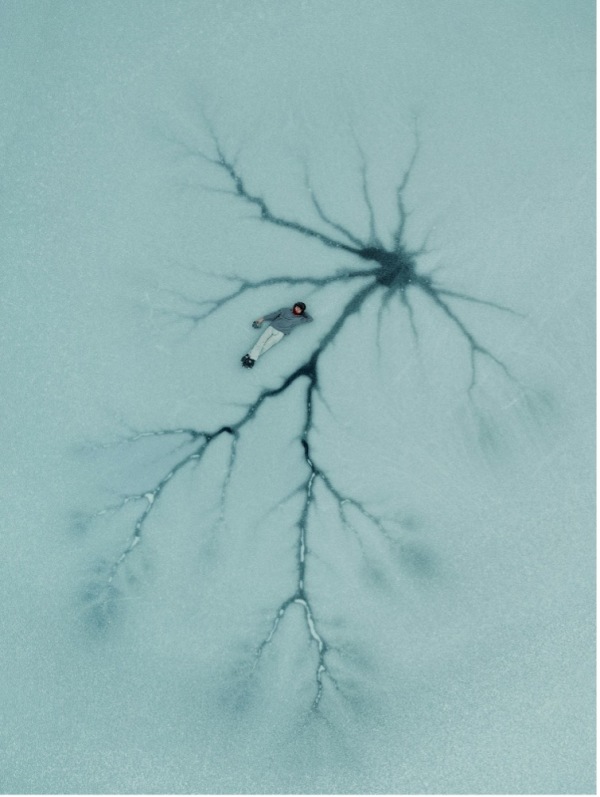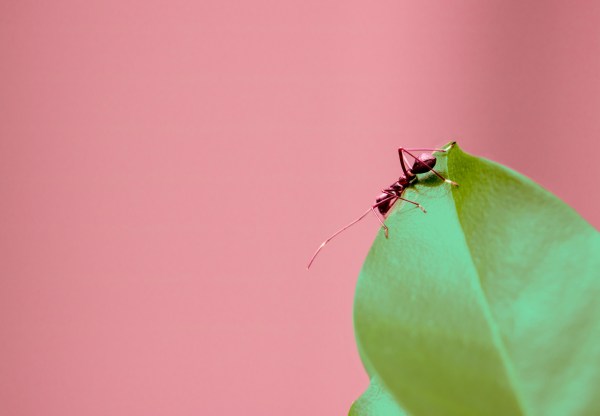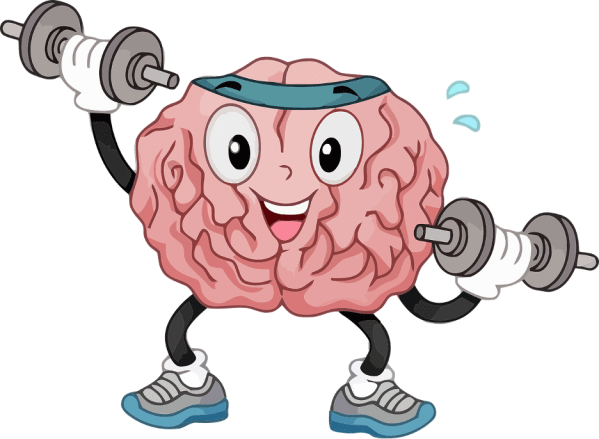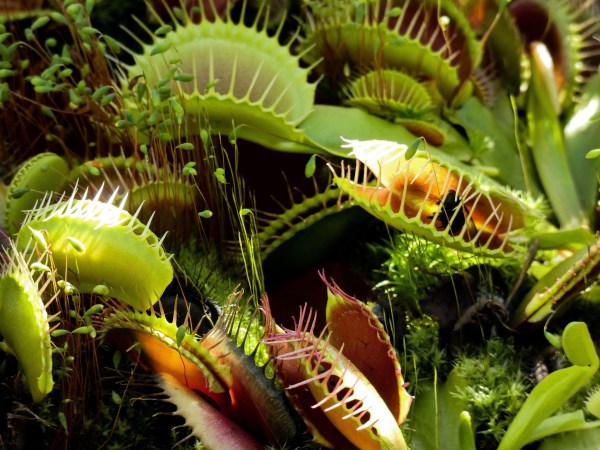A group of brain chemicals that play a role in promoting happiness have earned the nickname the “happy hormones”, but there’s much more to them than that! Let’s dive into their diverse biological functions.
Thinking with your stomach: A newly discovered neural pathway related to food comas
Ever wondered why sometimes a full stomach makes you sleepy? One new paper has a compelling answer!
Thinking out loud: How inner speech can transform brain-computer interfaces
What if the voice in our heads had the potential to revolutionize communication for people with paralysis or progressive disease that affected their ability to speak? Recent research shows that inner speech can be decoded from brain activity, opening doors for more accessible communication technology, while also surfacing important concerns about protecting our private thoughts.
More than meets the eye: How different animals see the world
What would it be like to see through the eyes of another animal? Learn how different animals see the world.
KIF1A: The neuron’s marathon runner
To function properly, neurons need supplies- but how do all these supplies make it from one end of a neuron to another? This article explores the incredible protein that gets the job done, aptly nicknamed your neuron’s marathon runner, and what happens when it malfunctions.
When insects lose their minds: The fascinating world of parasitic fungi
You might think mind control is the stuff of science fiction, but for many fungi it’s just what they do. Explore how parasitic fungi control the insects they infect.
The Salem Witch Trials: If not witchcraft, then what?
We’ve all heard stories detailing the Salem Witch Trials, but nobody can really explain where the symptoms shown by “victims of witchcraft” came from. Here, we unpack how popular medical explanations for this behavior affect the brain.
2025 Neuroscience Year in Review
Our writers share what got them excited about neuroscience in 2025.
The battle of the sexes: Whose brain comes out on top?
Popular culture loves the idea that men and women think differently, but the science is far less dramatic. Here’s what the research shows about cognitive ability and brain differences between the sexes.
The science and stigma behind premenstrual disorders
The idea that women are naturally predisposed to mental and emotional disturbances during “that time of month” dates back centuries. Is it biology or baloney? PMS or BS?
T cells in the immune system: Friend or foe?
T cells are a type of immune cell that defend your body against disease. While these mighty cells normally serve to protect you from foreign invaders, what happens if they turn on you?
The blood brain barrier and its Trojan Horses
Ever wonder what delivering drugs to the brain and Greek mythology have in common? If so, come check out this article on Trojan Horses in science!
When good things turn bad: How your brain decides what you like and dislike
How do we decide what we like and what we don’t? Discover how the brain forms these judgments and how they can flip after just one bad experience.
Vaccines and autism: Let’s talk about it
The conversation around autism and vaccines has become an increasingly hot topic of late (to put it mildly), but did you know that this debate began over 25 years ago? Here is a brief overview of the history and the science around whether vaccines increase the risk of autism.
How to make a guy compost in 10 days
How can we use neuroscience to encourage environmentally-friendly decisions?
Recording everything everywhere all at once
Neuroscientists can now record from many parts of the mouse brain at once, helping us see how millions of neurons work together to guide behavior.
The brain behind the balance
Your brain is more than a thinking machine. Even when you rest, your brain is constantly monitoring, adjusting, and fine-tuning every heartbeat, breath, and chemical signal – keeping your body balanced. The key? A network of regulators hidden in your brain working every second of your life.
Mighty mitochondria, the powerhouses of your nervous system
Neurons require a lot of energy to keep your brain functioning, and this energy is overwhelmingly generated by certain cellular components: the mitochondria. Here, we discuss how mitochondria actually perform their most famous job of producing your cells’ energy, as well as the other roles they play in neuronal health.
Why our brains find conspiracy theories appealing
Discover why conspiracy theories grab our attention, and how the brain’s reward systems and social instincts make them so hard to resist.
Sweet but not innocent: Artificial sweeteners and brain health
A recent study suggests artificial sweeteners are associated with a faster cognitive decline. How might that be happening?
To pee or not to pee: How the brain controls the bladder
That urge to pee? It’s not so simple. Behind it is a complex brain-bladder conversation that decides when to hold and when to go.
Going viral: How scientists use viruses in research every day
Viruses are experts at getting new DNA into cells. Every day, neuroscientists take advantage of this ability to help us understand the brain.
Eye movements: A window into cognition, disease, and individuality
Did you know that our eyes spontaneously move about 3 – 5 times per second? These eye movements, while seemingly simple and mostly unconscious, can tell us a lot about how our brains work. In this PNK post, we’ll dig into the fascinating world of eye movements!
Two sides of the matter: The human brain may be symmetric in form, but not in function
Even though it is a myth that people are either “left-brained” or “right-brained,” certain complex functions, such as spoken language, are primarily found on one side of the human brain. How and why does the brain pick a side for these functions?
Counting sheep: How should we fall asleep?
Have you ever wondered why some people need total silence and darkness to fall asleep, while others prefer to listen to white noise or watch their favorite TV show? Is there a “best” way to fall asleep?
Vagus nerve stimulation: A new frontier
Electrical stimulation is proving to be a powerful treatment for neurological diseases – especially when it comes to the vagus nerve
Your brain’s behavioral blueprint: The chemicals behind how we eat, sleep, feel, and socialize
What do worms, mice, and leafcutter ants have in common? They're helping scientists uncover the power of neuropeptides — chemical messengers in the brain that shape behavior and may hold the key to future drug discovery.
Turning pages, swiping screens, and hitting play: Is reading always the same to our brain?
Whether it’s on paper, screen or audio, there are more ways than ever to enjoy a good book. But do different formats engage the brain in the same way?
Mind-muscle connection: How does your brain tell your muscles to move?
From doing the dishes to playing an instrument, a special connection between your brain and the muscles is key to keep us moving the way we want.
Do plants feel pain?
It may sound like a ridiculous question— but it’s worth asking. From Venus flytraps snapping shut to stressed plants releasing ultrasonic "screams," plants react to touch and damage in surprising similar ways to us.
